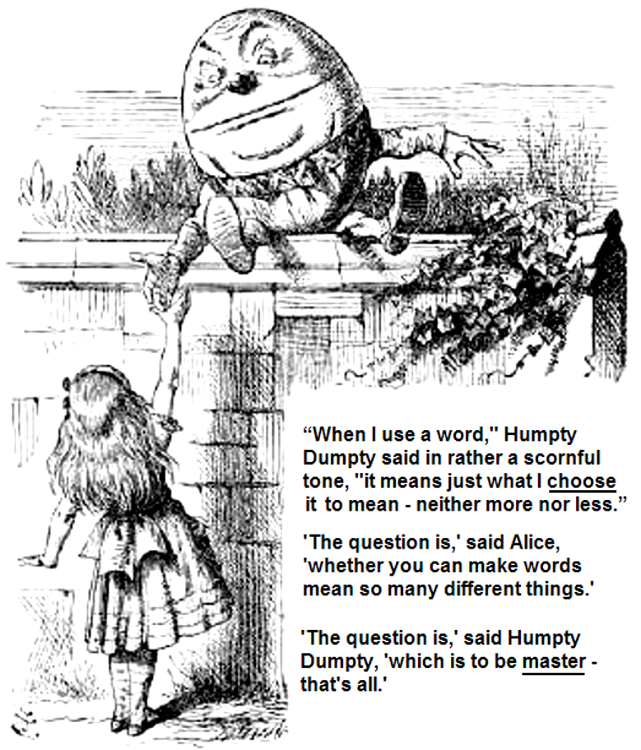-
I’m still not sure I follow, as Machiavellian used as an adjective has rarely, if ever, been used to convey that the subject is literally a prince or has a royal title. Given that Machiavelli was an author and philosopher, it would be expected that his surname be used as an adjective in the same way other authors’ and philosophers’ names are used: Orwellian, Hobbesian, Socratic, Kantian... In Machiavelli’s specific case, it denotes a particular philosophy for political leaders.
On the other hand, Dr. Viktor Frankenstein’s creature has become popularly known as Frankenstein but that is technically wrong as it’s not given that name in the book. However, legally, a case could be made that it is a correct usage, insofar as a living being would be expected to have its proprietor/discoverer/creator’s surname, much like pets at the vet or bacteria in a lab. Most people believe the creation’s given name is Frankenstein, and they are wrong, but they might accidentally be right about its family name, we’d have to consult a local legal historian.
Tldr- you might be using Machiavellian wrong. Or at least in an unusual way*
-
https://en.m.wikipedia.org/wiki/The_Prince
https://en.m.wikipedia.org/wiki/Mirrors_for_princes
I agree that the term Machiavellian is totally appropriate, there’s no parallel with the Frankenstein confusion. The theories on statecraft in The Prince are Machiavelli’s and the convention is to name his ideas in that way.
The Prince is not the one who holds the views expounded in the book. -
Machiavellian used as an adjective has rarely, if ever, been used to convey that the subject is literally a prince or has a royal title
That's not the point. The adjective, as commonly used, means "behaving as Machiavelli's Prince would". As a construction, though, it's natural meaning would seem to be "behaving as Machiavelli did"
you might be using Machiavellian wrong
Nah, I use it the same way everybody else does, despite feeling weird about it.
I know what people will take from that usage, and to the extent that I want to convey that I will follow the herd. In contradistinction to Humpty Dumpty, I accept that words mean what you want them to mean, not what I want them to mean 🙂

 Eseman
Eseman absurdbird
absurdbird gbj_tester
gbj_tester
Machiavelli is not the prince any more than Frankenstein is the creature. It's not a perfect analogy, since calling the behaviour "princely" is pretty vague unless you specify that you're talking about the kind of Prince described by Machiavelli.